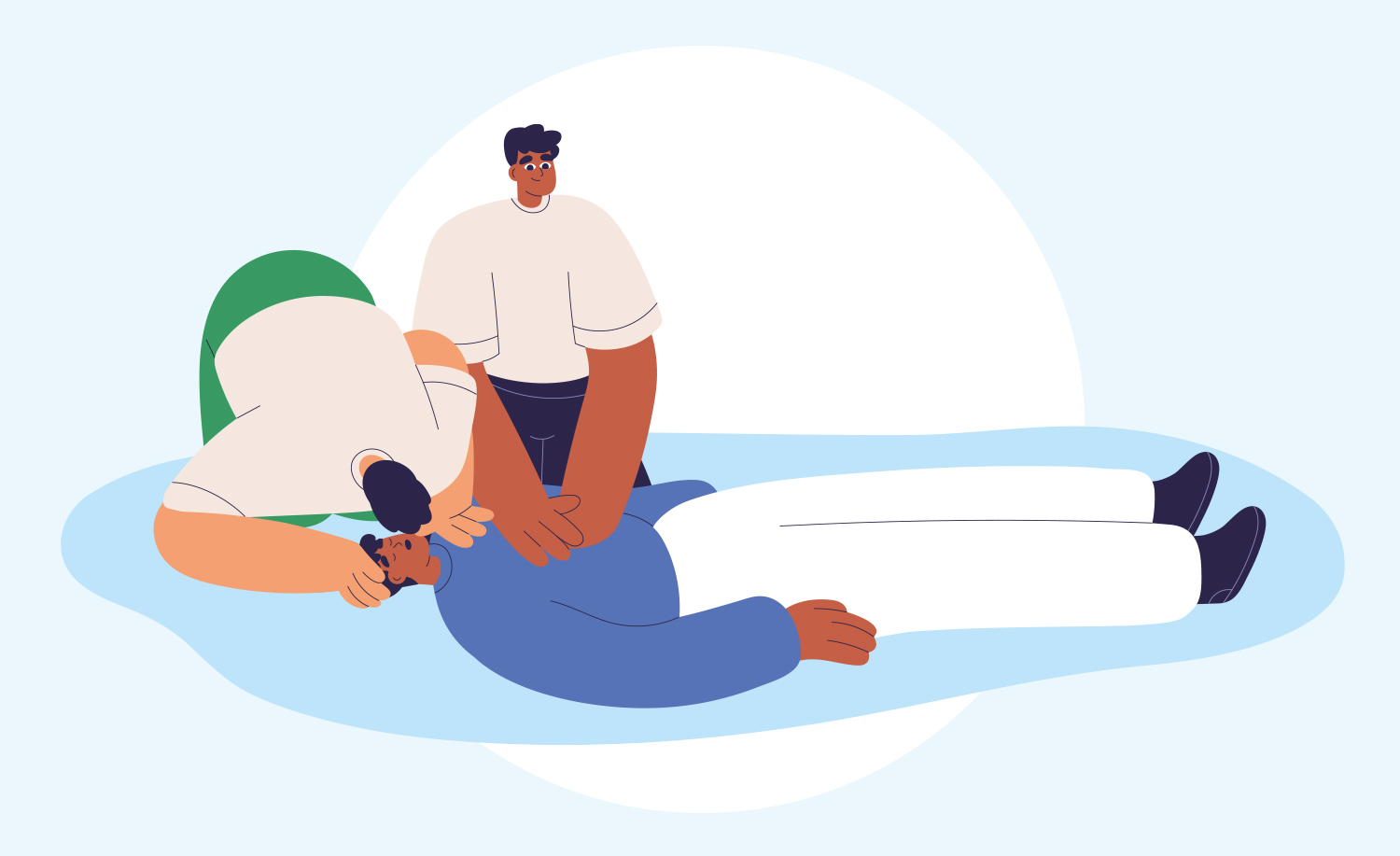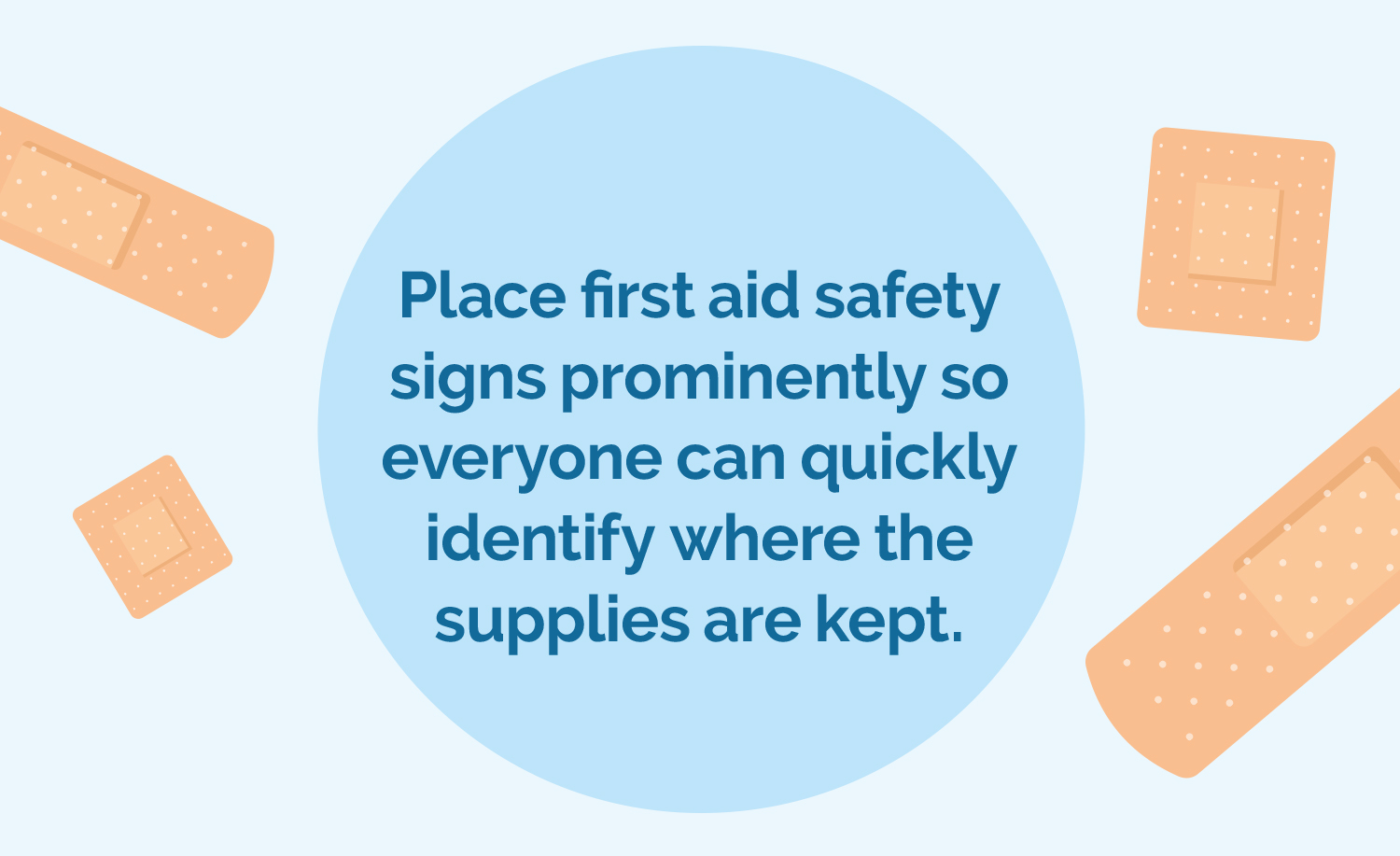Making Tex Mex magic
We speak to the team behind celebrity favourite, The Lonestar
Upskill People CEO Pete Fullard lists that as the main motivator behind the need to keep your bar, kitchen or service team up to speed with first aid.
They’ll thank you for looking after them and providing an additional area of expertise, and your customers will praise you if an accident happens.
Pete adds: “It’s pointless having a full first-aid kit if no one knows how to use it or has forgotten. Ignoring the basics will come back to haunt you.
“We specialise in 30-minute online refresher courses for a few pounds per person, so those nominated first-aiders are ready, and confident enough to act.”
Here are Pete’s tips on how to get your venue accident-aware.

It’s a legal requirement for all UK workplaces to provide first-aid kits for staff, so assess your staff numbers, workplace layout, equipment and type of work, then stock up with one in all the main risk areas.
A first-aid assessment based on the activities that your team members regularly do will influence which items you need in your first-aid kit and where to put it.
Factor in:
It’s a minimum requirement to appoint a person to take charge of first-aid arrangements. That’s usually a trained first-aider who can also assess and replace first-aid equipment, especially sterile items that are due to expire.
Pete says: “In larger venues it’s important to have two or three trained first-aiders so there is always one on shift. If not, you may have a situation where an accident happens or a customer is choking and your system fails.”

Basic kit suggestions include:

If in doubt, visit safetyfirstaid.co.uk/british-standard
The Health and Safety (First-Aid) Regulations 1981 require employers to provide adequate and appropriate first-aid equipment, facilities and people so that employees can be given immediate help if they are injured or taken ill at work.
All businesses with more than five employees must have a written Health and Safety Policy document, covering risk assessments, fire safety, first aid, and other workplace issues.
If you run a small café or bar with a low level of hazards, you may only need the minimum first-aid provision. But if burns or machinery are a risk, it’s essential to have the necessary kit.

“Being able to save a colleague, customer or family member’s life should be the first thing hospitality managers train their team in,” insists Pete, whose firm runs online first-aid refreshers.
“It’s no good sending your team on a course and hoping they’ll remember everything because they won’t. A little bit of half-remembered knowledge can be dangerous,” he says.
Awareness of key areas such as burns, slips, trips and falls – and, importantly, how to avoid them – is vital in a busy kitchen.
Regular reminders on how to assess and deal with heart-attack and stroke victims, fainting and knowing the signs and treatment of seizures, anaphylactic shock and asthma should be basic knowledge for nominated people.
“Bleeding, burns, scalds, choking and electric shock are all areas that might confront a first-aider in a kitchen, so ask them if they’d know what to do,” he adds. “If they’re unsure, their knowledge from their initial training needs refreshing.
“It’s easy to lose confidence as time progresses and leave it to emergency responders rather than using our own skills and knowledge. Those minutes could be critical.”
Sign in to save topics you love, and build your archive of events, menus and articles.